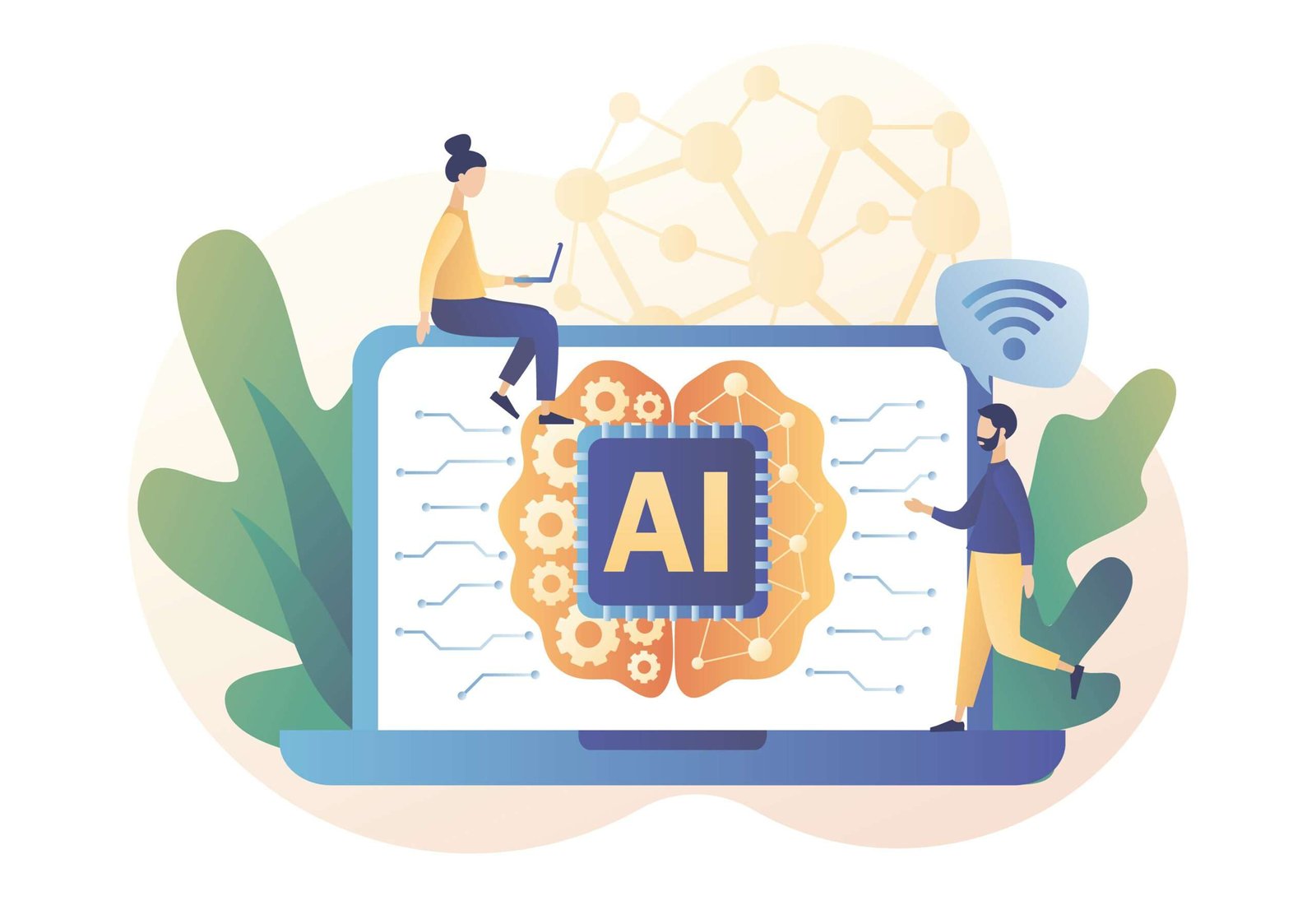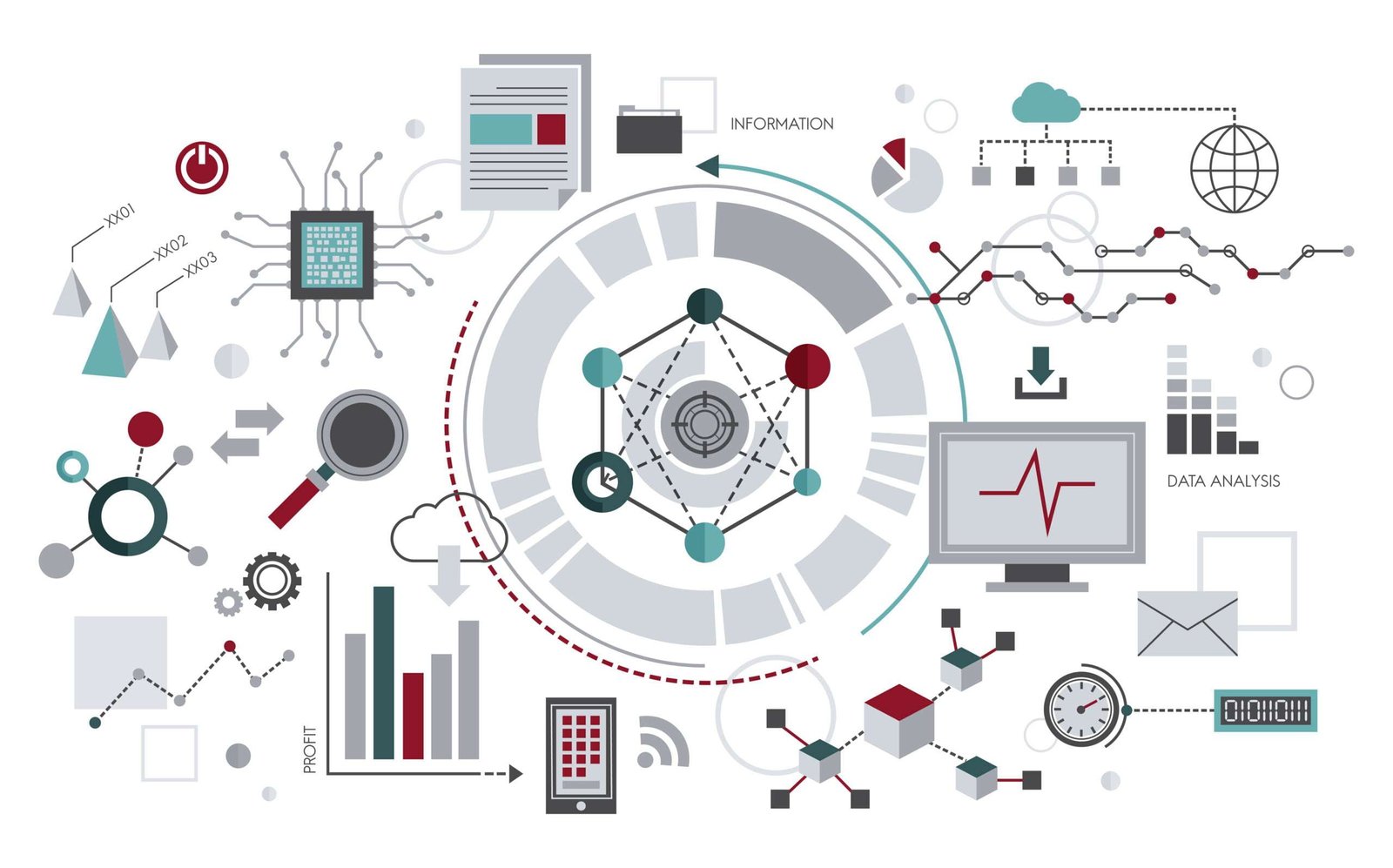Every C-Suite Member Now a Chief AI Officer

In today’s rapidly evolving tech landscape, companies are finding that artificial intelligence (AI) is no longer just the domain of the tech-savvy. It’s becoming an essential tool for every member of the C-Suite. According to BCG, each executive, from the CFO to the CHRO, must assume the role of Chief AI Officer. But why is this shift happening now, and what does it mean for businesses?
Understanding the Rise of AI in the C-Suite
The rise of AI is not a recent phenomenon. However, the integration of AI across various business functions has accelerated dramatically. AI tools are no longer exclusive to IT departments. They’re infused into marketing, finance, human resources, and every other facet of business. This widespread adoption necessitates that every executive understand, leverage, and implement AI in their respective domains.
AI in Finance: The Role of the CFO
CFOs are traditionally the guardians of a company’s financial health. With AI, they can now predict financial outcomes with unprecedented accuracy. By analyzing patterns and trends in vast amounts of data, AI helps CFOs make more informed decisions. These insights can identify cost-saving opportunities, optimize cash flow, and even detect fraud more efficiently than manual processes.
Marketing Transformed: The CMO’s AI Toolbox
For CMOs, AI offers a treasure trove of possibilities. By analyzing consumer data, AI tools can create hyper-targeted marketing campaigns. These campaigns ensure higher engagement rates. Additionally, AI-driven analytics can measure campaign effectiveness in real-time, allowing CMOs to adjust strategies on the fly. Consequently, businesses can achieve better ROI on their marketing efforts.
AI Enhancing Human Resources: CHRO’s New Best Friend
Human resources benefit immensely from AI, too. CHROs can leverage AI for various tasks like recruitment, employee engagement, and performance management. For example, AI-driven recruitment tools can sift through thousands of resumes to find the best candidates in seconds. Moreover, AI can help in identifying employee sentiment and engagement through sentiment analysis of feedback and surveys.
Strategies for Effective AI Integration in the C-Suite
Given the immense potential of AI, how can C-Suite executives effectively integrate these tools into their functions? Here are some strategies:
- Invest in Training: Ensure that all executives and their teams receive adequate training on AI tools. Knowledge is power; understanding how to use AI effectively can be a game-changer.
- Encourage Collaboration: AI thrives on data. Encourage collaboration between departments to share data and insights. This synergy can lead to more comprehensive AI applications and solutions.
- Leverage AI for Decision Making: Incorporate AI insights into decision-making processes. This approach allows for more data-driven and objective decisions.
- Focus on Ethical AI: Ensure that AI applications comply with ethical standards. Avoid biases in AI algorithms and maintain transparency in AI-driven decisions.
Potential Challenges and Solutions
However, integrating AI doesn’t come without challenges. There are hurdles such as data privacy concerns, high implementation costs, and resistance to change from within the organization. To overcome these, companies can:
- Prioritize Data Privacy: Adopt stringent data privacy measures and comply with regulations to build trust with stakeholders.
- Justify ROI: Demonstrate the return on investment through pilot projects that show tangible benefits of AI implementation.
- Change Management: Develop change management programs to help employees adapt to new technologies smoothly.
The Future Outlook
As we look forward, the role of AI in the C-Suite will only grow. Executives who embrace AI will find themselves leading more agile, innovative, and competitive organizations. By integrating AI into every aspect of business, companies can unlock new levels of efficiency and drive unprecedented growth.
In conclusion, every C-Suite member becoming a Chief AI Officer signifies a monumental shift in how businesses operate. It’s not just about adopting new technology; it’s about fostering a culture of innovation and adaptability. To stay ahead, companies must place AI at the core of their strategy, ensuring all executives are equipped to harness its full potential.
For more insights into the future of business tech, read related article on The Future of Business with AI Integration. Additionally, explore how AI is revolutionizing marketing strategies.
Read more on the potential of AI in business: Harvard Business Review.




 The rapid growth of generative AI has opened up new realms of possibilities in data analytics. However, with these advancements come significant challenges. One of the most pressing issues is data governance. In this blog post, we will explore how effective data governance can empower generative AI analytics and ensure ethical, secure, and effective use of data.
The rapid growth of generative AI has opened up new realms of possibilities in data analytics. However, with these advancements come significant challenges. One of the most pressing issues is data governance. In this blog post, we will explore how effective data governance can empower generative AI analytics and ensure ethical, secure, and effective use of data.